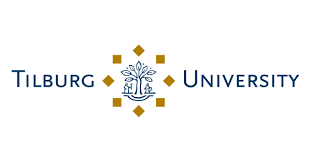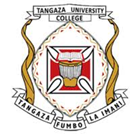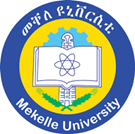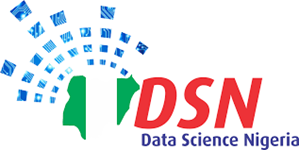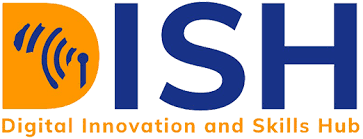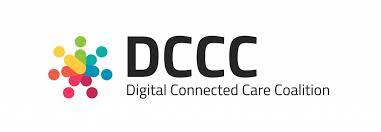VODAN Africa Researchers Publish Research Article on FAIR Digital Data Health Infrastructure in Africa
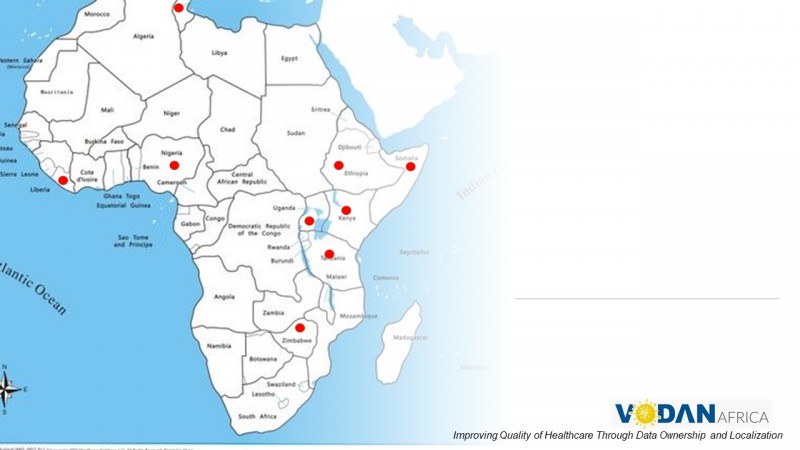
In a bid to document the gains and experiences gathered since the VODAN Africa journey began, the VODAN Africa Research Team recently published a research article on Advanced Genetics (volume 2, issue 2) Journal. This research titled, "Design of a FAIR digital data health infrastructure in Africa for COVID-19 reporting and research” took 5 years (2016-2021) to complete, and was led by Prof. Mirjam Van Reisen, the VODAN Africa Global Coordinator.
The focus of the researchers was to "study the possibility of increasing the production of clinical data, finding concerns about data ownership, and the limited use of health data for quality treatment at the point of care."
The study was conducted by 28 researchers across Africa, Asia, America, and Europe, and was motivated by the several issues that are common to health data management in Africa which include:
- Lack of data ownership of health data in Africa - for example, the data on Ebola Virus collected from Liberia is no longer available at their Ministry of Health. According to the research, "Part of this data is now only findable through WHO-facilitated situation reports."
- Lack of health data diversity, resulting in less relevant data-based solutions for Africa.
- Obstacles to the digitalization of health care in Africa – these include lack of broadband, limited access to power, the incompatibility of the technology used with the context of implementation, aging equipment, and lack of ability to sustain and/or expand it in the health sector, and lack of involvement of national research and development.
- Monopolies and the commercial use of health data in Africa – the current District Health Information System (DHIS) are used by health facilities to upload data, sadly, these facilities do not have access to these data or the ability to perform analytics from it.
- Differentiations in regulations with incompatible requirements across regions and continents.
Solution Strategy
The researchers sought to solve these issues by designing an improved Health Data Management System (HDMS) for Africa. The objective of data management is to “provide analytical information to help drive operational decision-making and strategic planning.” The research was carried out in two phases.
1st Phase of the Research (2016 – 2018)
East Africa Open Science Cloud For Health Data Access (EAOSCH) design that used "machine-readable data that could be kept in residence in health facilities, and also is pushed from local facilities into national systems and the regional interface, providing a common dashboard across regions and bridging national jurisdictions. The data included patient data and research data."
2nd Phase of the research (2019 – 2021)
The establishment of VODAN Africa as a research group set to realize the proof of concept of the design approved by the East Africa Health Research Commission (EAHRC).
The study identified four critical junctures or turning points that set the direction of the design:
Turning point 1: East Africa Open Science Cloud for Health (EAOSCH) in 2017 establishes the need for within and across border health data sharing.
Turning point 2: FAIR IN-Africa adopts FAIR Principles for federated deployment and increased data ownership in Africa in 2019.
Turning point 3: VODAN Africa team demonstrates data visiting works across two countries and two continents in September 2020.
Turning point 4: VODAN Africa team reaches a consensus on the requirements and specifications for the clinical health data architecture in February 2021. This provided the basis for a Minimum Viable Product.
The adopted VODAN Africa architecture allows clinical and research data held in residence to be visited across continents, and real-time information will be available within health clinics. The data developed with metadata will improve the quality of data because of their rich metadata descriptions. The team also developed the FAIR Equivalency to ensure compliance with national frameworks for digital health. The FAIR data architecture will be deployed in Uganda, Ethiopia, Liberia, Nigeria, Kenya, Somalia, Tanzania, Zimbabwe, and Tunisia.
Article link - https://onlinelibrary.wiley.com/doi/10.1002/ggn2.10050
Watch the video explaining the research below






